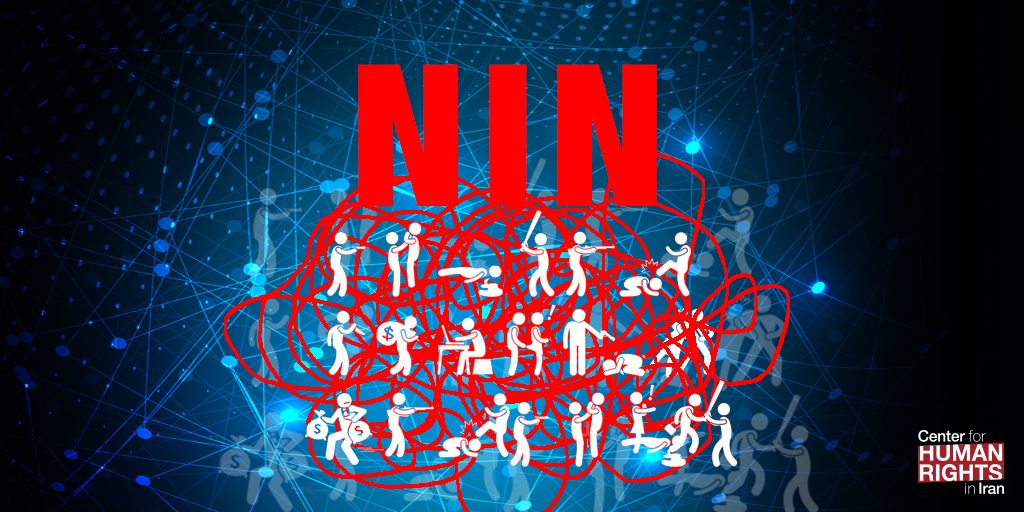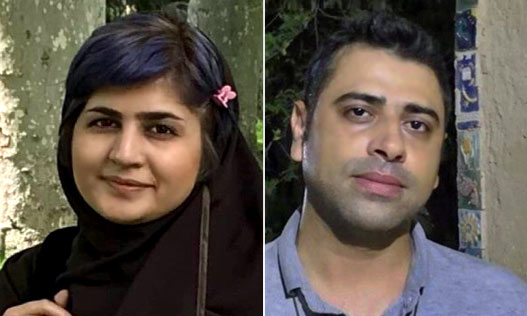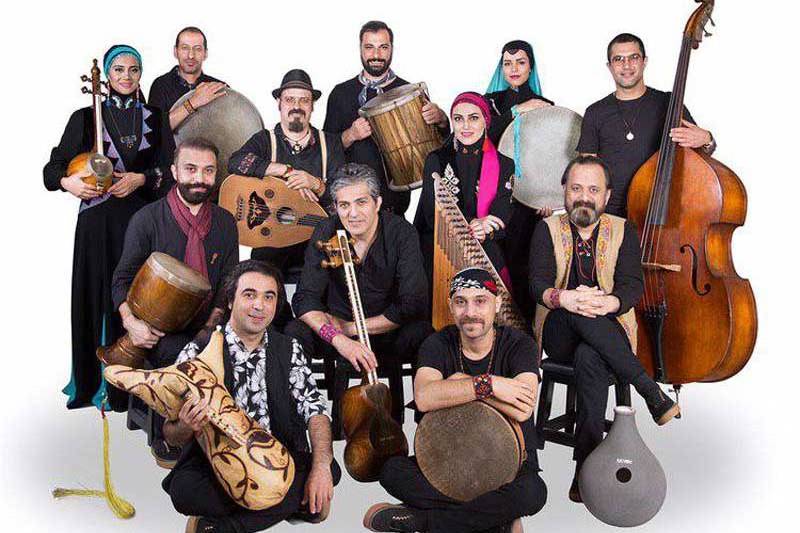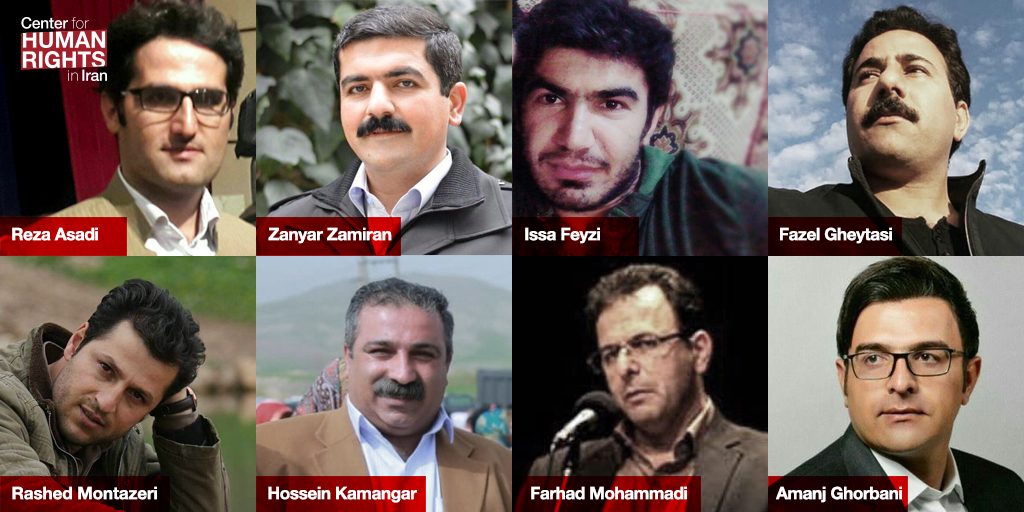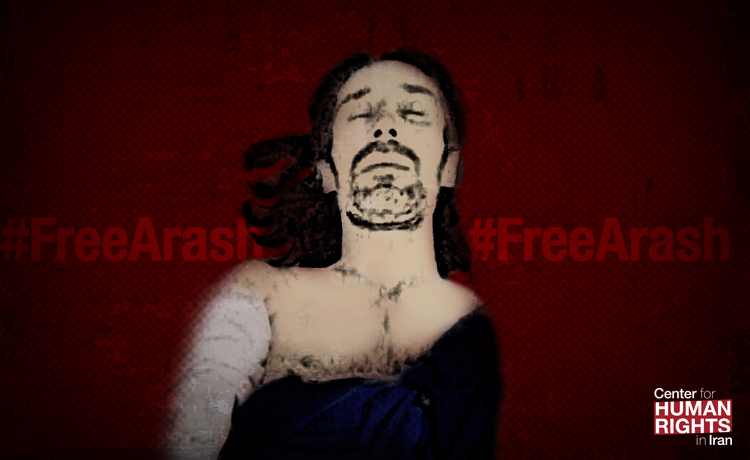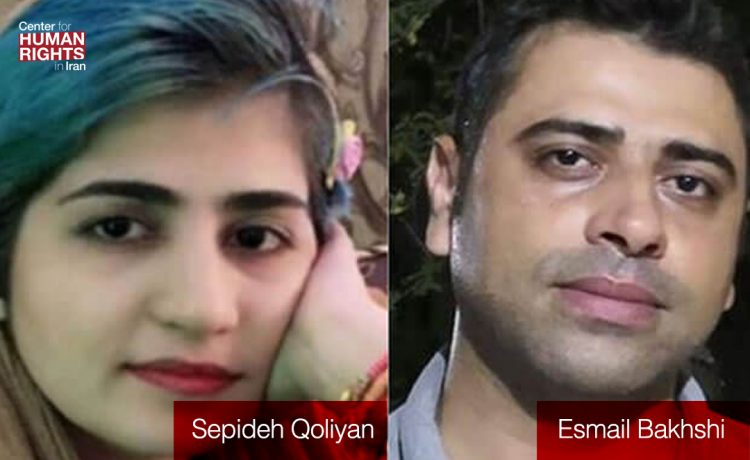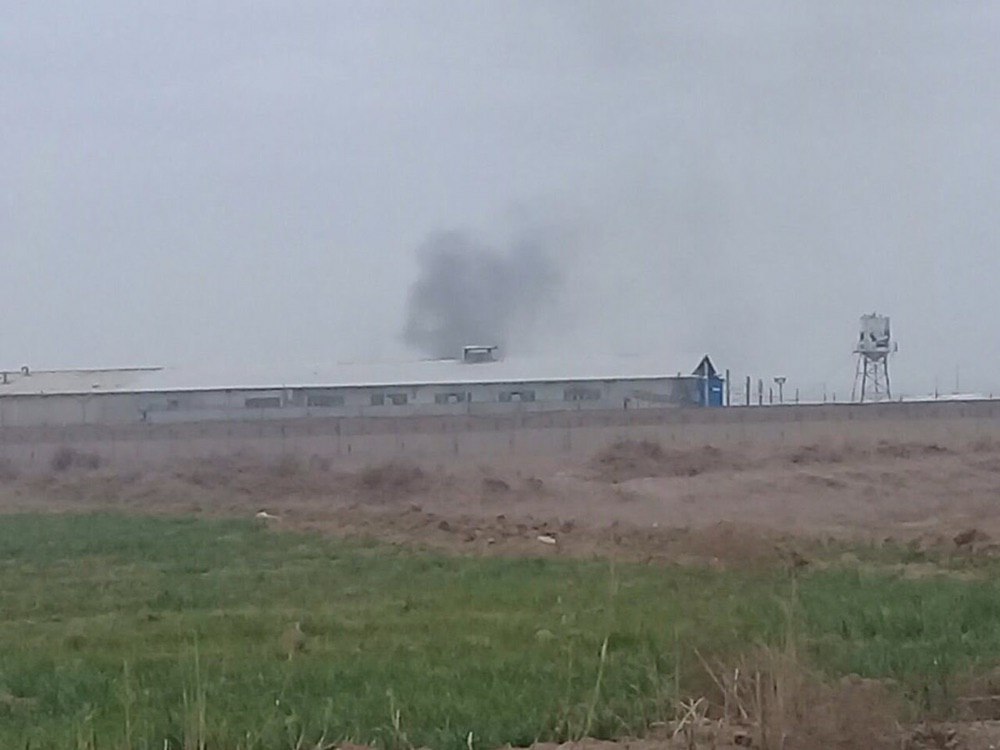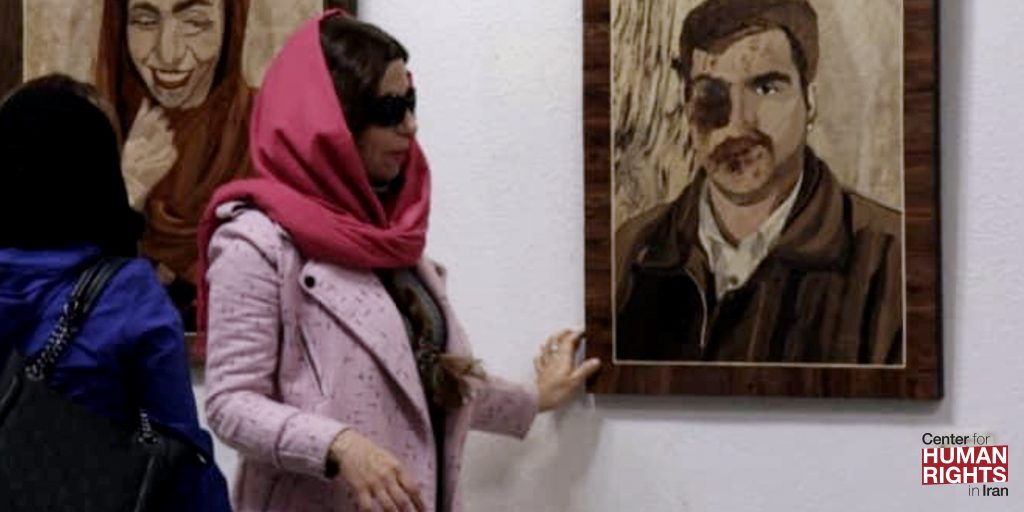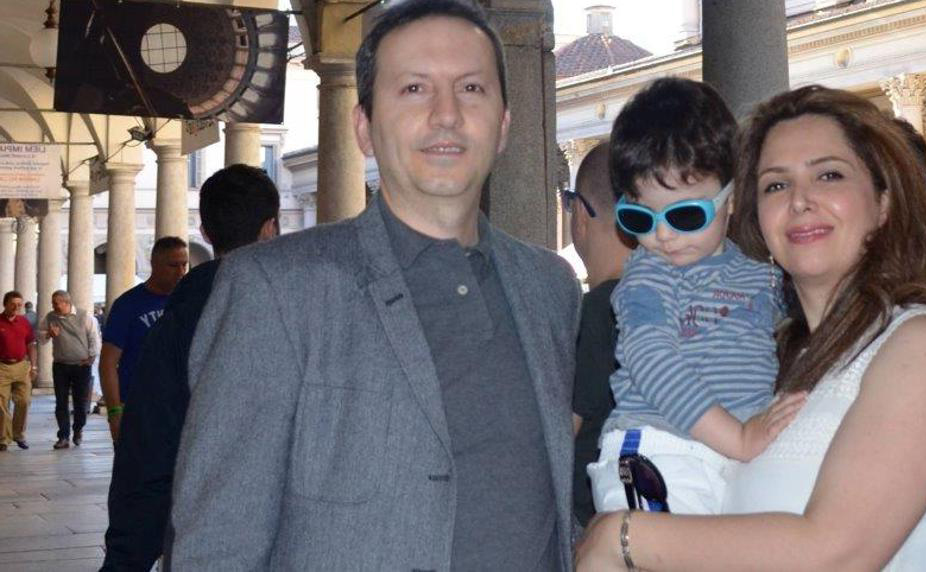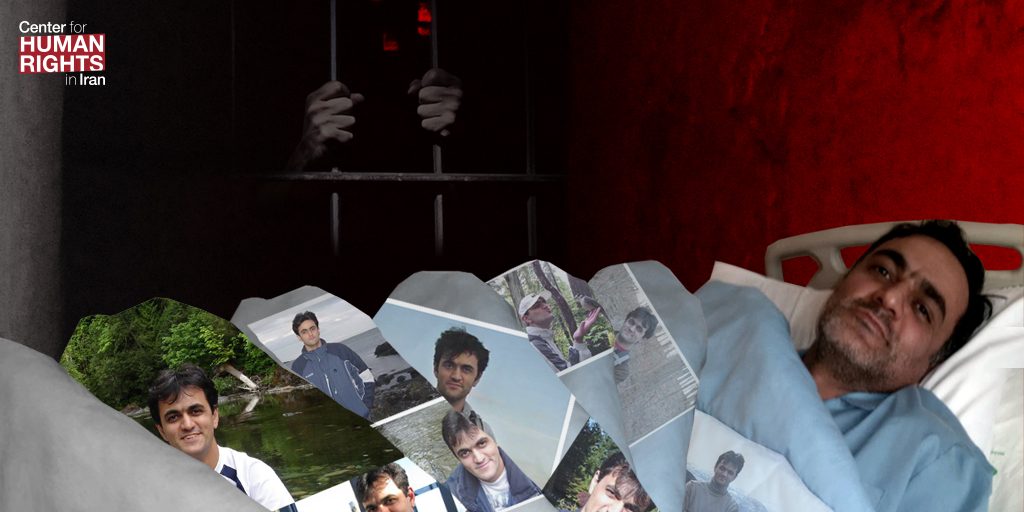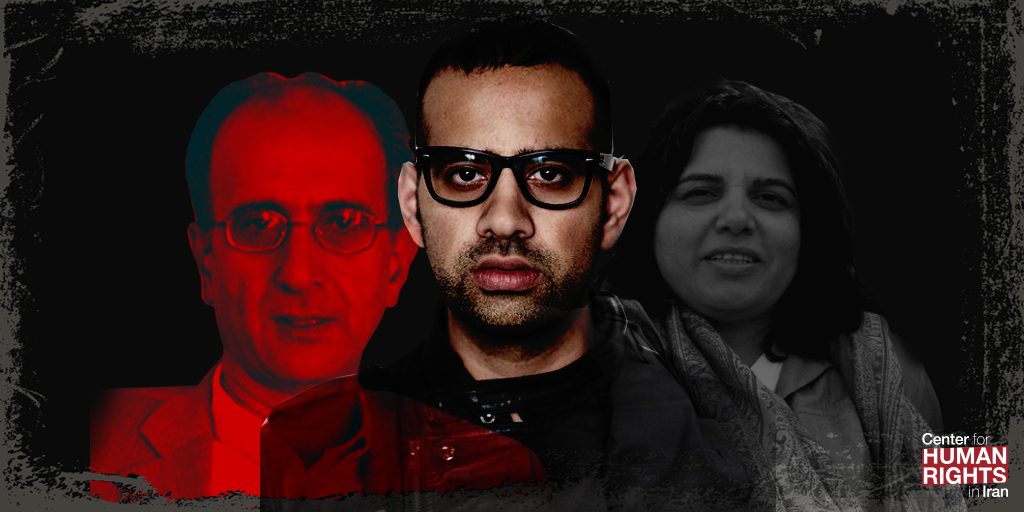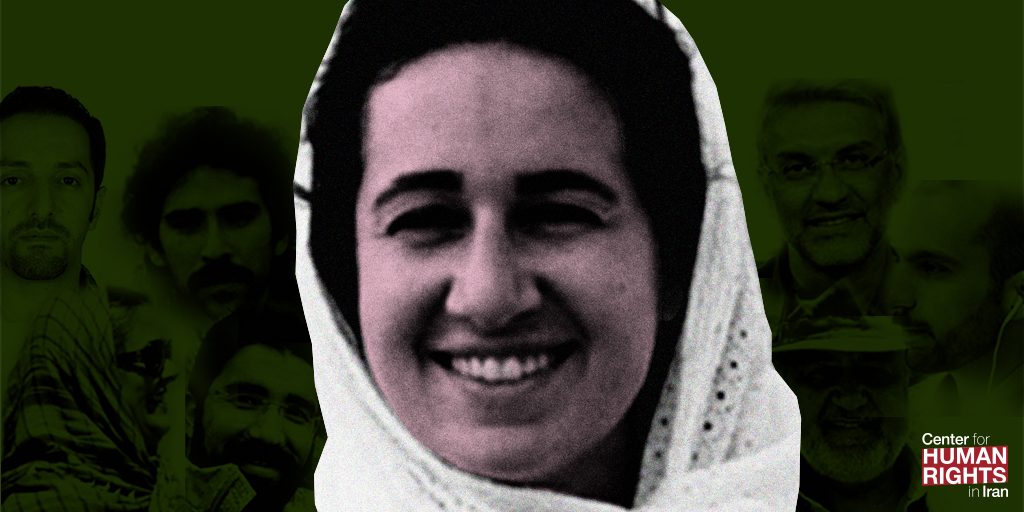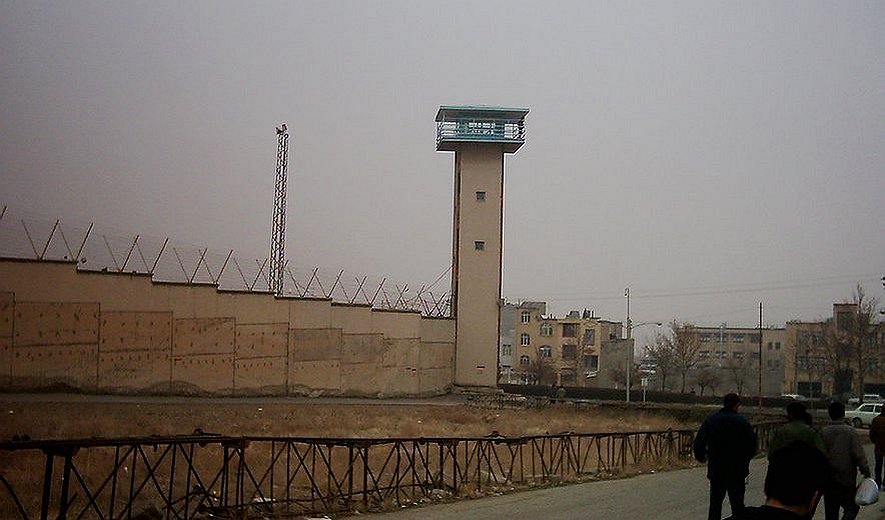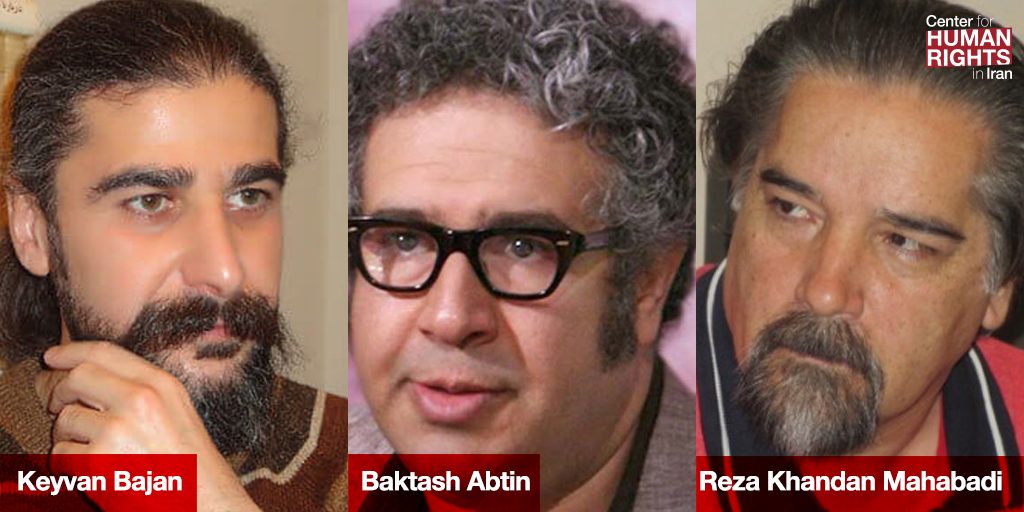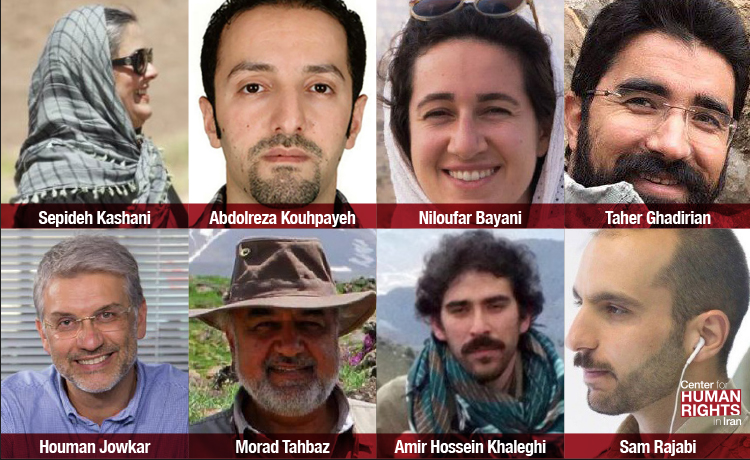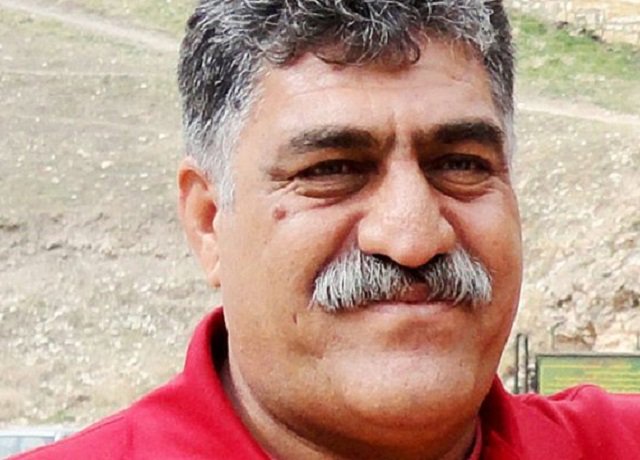Abuse of 11-Year-Old Child Bride in Iran Sees Some Lawmakers Calling for Reforms
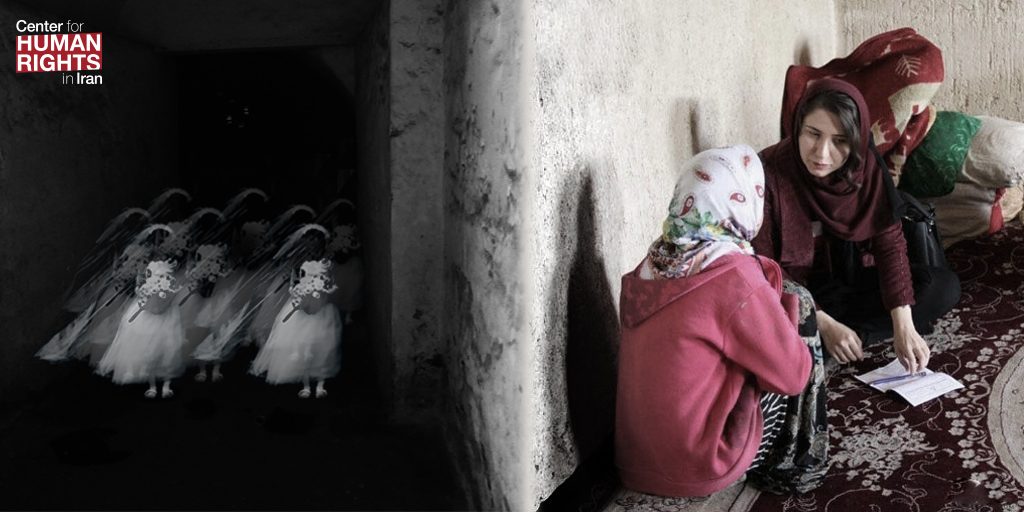
*Editor’s Note: This story includes disturbing
details.
News of an 11-year-old girl in
the Iranian city of Ilam being repeatedly raped after being illegally married
off to a man four times her age has renewed protests by some members of
Parliament against the
law that allows child marriage.
The child, referred to by the
pseudo name of “Raha” by media outlets, was placed in the care of the State
Welfare Organization (SWO) following the intervention of a provincial
prosecutor because the marriage had taken place without the approval of a local
court as required by civil law.
